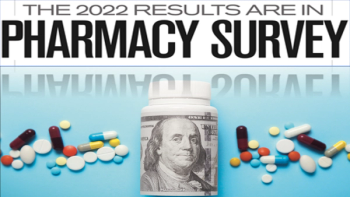
Two-thirds of the respondents to our 2022 annual Pharmacy Survey believe that biosimilars will have a significant effect on drugs prices over the next several years.

Two-thirds of the respondents to our 2022 annual Pharmacy Survey believe that biosimilars will have a significant effect on drugs prices over the next several years.


Our survey shows some optimism about the course of the COVID-19 pandemic, but concern about Paxlovid rebound. Former President Donald Trump’s job performance on COVID-19 was rated low while the World Health Organization and Pfizer were rated high.

Findings from a cros-sectional study reported by Yale and Mount Sinai researchers last week in a preprint last week linked long COVID to low levels of cortisol, the stress hormone, and possibly to reactivation of latent Epstein-Barr virus infections. Eric Topol called the study one of the best of long COVID so far.

In this concluding segment of a four-part series, Sophie Paczesny, M.D., Ph.D., of the Hollings Cancer Center of the Medical University of South Carolina and an expert on graft-versus-host disease biomarkers, discusses the future of biomarkers as companion diagnostics.

Biomarkers can be used for many purposes — diagnosis, prognosis, projections for success of a treatment. Sophie Paczesny, M.D., Ph.D., a professor at the Hollings Cancer Center at the Medical University of South Carolina and an internationally recognized expert on biomarkers for graft-versus-host disease (GvHD), reviews a typology of biomarkers that groups them into five subtypes and discusses their use in GVHD.

What is a biomarker? Sophie Paczesny, M.D., Ph.D., a professor at the Hollings Cancer Center at the Medical University of South Carolina and an internationally recognized expert on biomarkers for graft-versus-host disease (GvHD), explains.
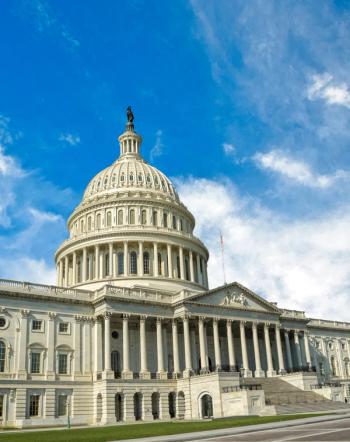
Pharma, health insurers square off about the healthcare provisions in the Inflation Reduction Act that passed the Senate yesterday. The PhRMA was sharply critical of the provisions that would empower CMS to negotiate the prices of a selected number of drugs. AHIP praised the extension of more generous ACA premium subsidies.

An OptumRx drug pipeline report highlights Zynteglo, a curative gene therapy treatment for beta-thalassemia, and Skysona, a gene therapy for a cerebral adrenoleukodystrophy. FDA approval decision are imminent for both. Price tags of $2 million are expected.

The trend of primary care practices and businesses bearing risk has pitfalls. A trio of experts have suggestions for how they can be avoided, including taking steps to de-emphasizing diagnostic coding in the calculations that determine payment.
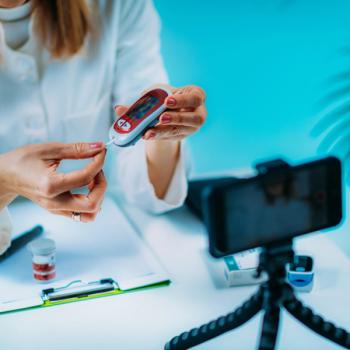
Results reported this week in JAMA Internal Medicine show a steeper decrease in HbA1C among people with poorly controlled type 2 diabetes who participated in a telehealth program that included telemonitoring, self-management support, medication management and services for depression. The comprehensive program cost about $1,500 more per year than the control program of standard telemonitoring and care coordination.
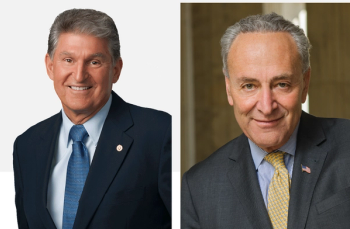
A joint statement from the two Democrats senators says prescription drug reform would save the federal government $288 billion over the next 10 years. Another provision extending enhanced ACA subsidies for three years has a $64 billion price tag.

The company is working with three digital healthcare companies during the pilot phase of the platform.

The plaintiffs in Kelley v. Becerra are arguing that the Affordable Care Act’s requirement that preventive services be covered without cost sharing is unconstitutional. In a factsheet published yesterday, the Urban Institute says that the ACA requirement has had an especially a large effect on women, partly because contraception is among the services covered by the no-cost-sharing rules that apply to private insurers.

The president of CVS Caremark discusses specialty pharmacy, competition for the specialty patient and Humira biosimilars hitting the market next year.

The president of CVS Caremark discusses the PBM industry’s reputation, list prices and rebates.

Some researchers have pointed to the benefits of a single-payer system such as the one in Canada. But the author of the PNAS commentary, David Fisman, say it may be trace back to the more communitarian outlook of Canadians
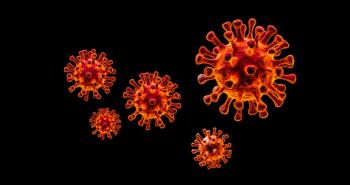
White House COVID-19 coordinator Ashish Jha tweeted last week that “we know how to manage this moment.” News coverage and social media posting about the BA.5 variant crested as the variant became the dominant strain circulating in the U.S.

The case concerns the controversial direct and indirect remuneration (DIR) fees that pharmacy benefit managers (PBMs) collect from pharmacies. Meanwhile, a separate whistleblower lawsuit has been filed against CVS Caremark, its parent company and SilverScripts, its Part D plan, accusing them of blocking customers from getting cheaper generic drugs.

Epic research suggests that like COVID-19, flu and other viral pneumonias can result in long-term symptoms like fatigue and brain fog. Why that might be is an open question.
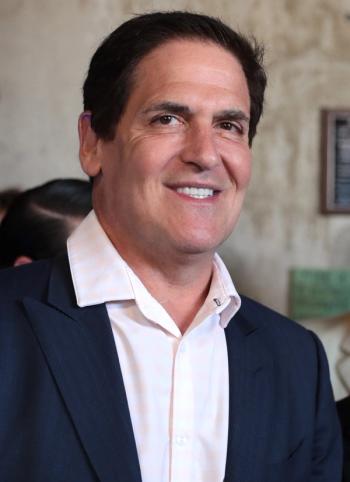
Harvard researchers calculated that buying 77 generic drugs at prices being charged by Mark Cuban’s online pharmacy prices would have lowered Medicare spending on those drugs from $9.6 billion to $6 billion.

The American College of Cardiology and patient groups pushed the PBM to reverse its decision to take Eliquis off its formularies. CVS Caremark says it changed course after negotiating a lower net price.
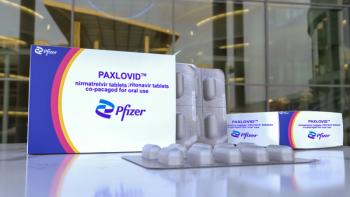
Mayo Clinic researchers reported today in the journal Clinical Infectious Diseases that less than 1% of patients at high risk for experiencing severe COVID-19 who were treated with Paxlovid (nirmatrelvir and ritonavir) experienced a second bout of COVID-19.
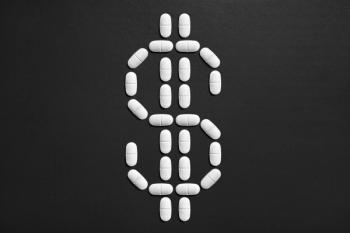
The Federal Trade Commission says its inquiry “will shed light on” clawbacks, potentially unfair audits, rebates and other business practices of the pharmacy benefits management (PBM) industry. Today’s announcement says the commission will be requiring information from the six largest PBMs.

One in 4 COVID-19 patients in the 18-64 age group experienced at least one of the 26 conditions that may be associated with COVID-19, according to CDC researchers. However, the study did not differentiate the risk by vaccination status or SARS-CoV-2 strain, both of which may affect the risk of post-acute conditions and symptoms.

Surgeon General Vivek Murthy’s sweeping report on health worker burn out listed five steps that insurers and payers could take to reduce the burden of burn out.

University of Pennsylvania researcher conducted 36 interviews of Black veterans with chronic kidney disease to find out how they experienced racism in their lives and especially as patients at the VA.
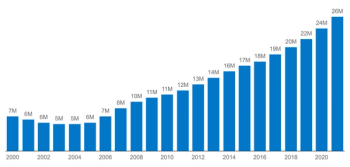
Traditional Medicare has been an important proving ground for U.S. healthcare for decades, and Medicare reimbursement has been used to support rural healthcare and medical education. In an opinion piece published by JAMA, Gretchen Jacobson and David Blumenthal of The Commonwealth Fund discuss some of the pitfalls of shrinking enrollment in traditional Medicare as the proportion of beneficiaries in Medicare Advantage plans grows.
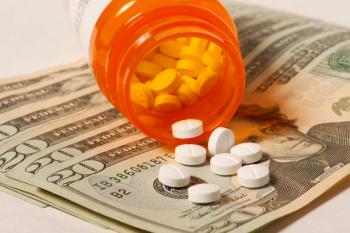
Kirsten Axelsen, Richard Frank and Rachel Sachs agreed that the rapid development of the COVID-19 vaccines was a government-business success story. There was less to celebrate as the Kaiser Family Foundation panelists also unpacked the legal issues and economic consequences of drug rebates, international reference pricing, high deductible health coverage and compulsory licensing.

Findings in JAMA Health Forum show that new formulations were more likely for blockbuster drugs and drugs that received accelerated approval. Proxy measures of clinical usefulness and other elements of therapeutic value were not associated with new formulations.